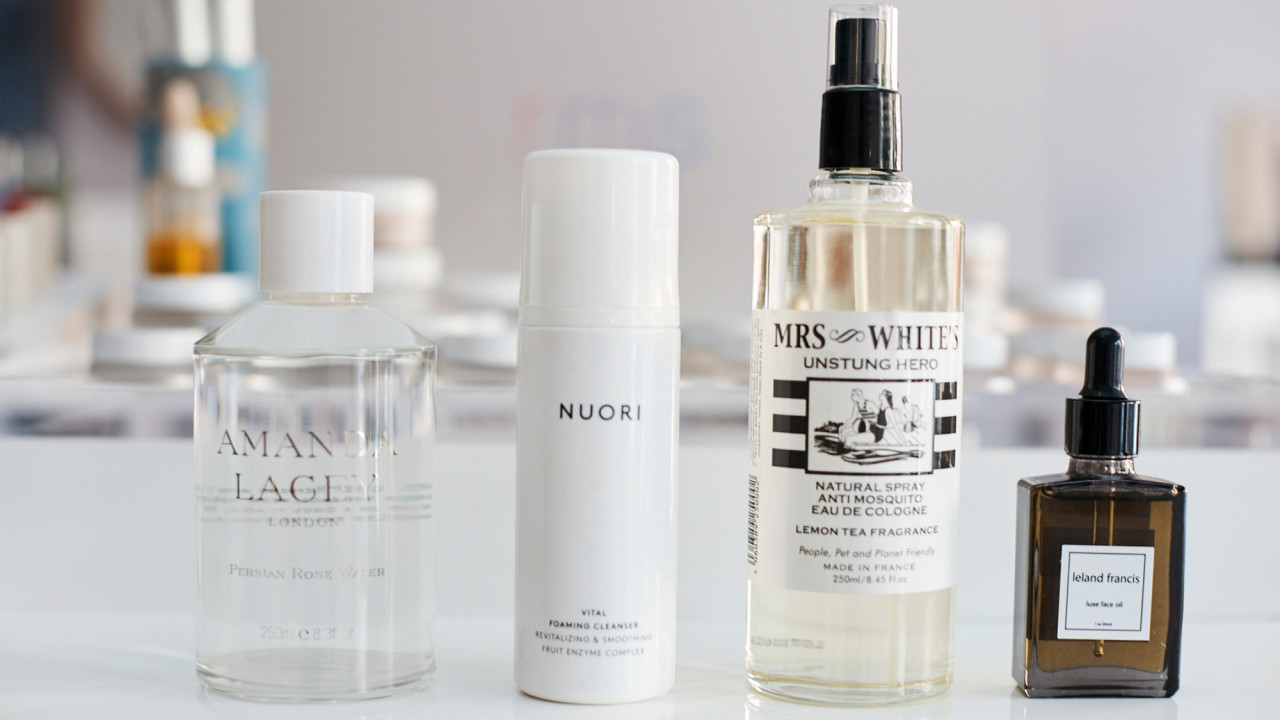Not all mistakes are borne from intention.
We might be doing things wrong sometimes, but be none the wiser until someone tells us about it. The only thing that is consistent about a mistake is the repercussions that come with it. Some of these repercussions hit you harder than the others, and a prime example of one hard-hitting repercussion is what happens if you make a mistake in the maintenance of your complexion.
It’d actually be nice if you’re making just ONE mistake in doing that – imagine if you’re making more than one mistake and you don’t even know it.
Herein lies a checklist of sorts of some mistakes you might be making in your daily skincare regimen… it’s the kind of checklist you don’t really want to put a check beside.
Mistake 1: Applying vitamins at the wrong time.

When exactly is the best time to apply anything with vitamin C?
Vitamin C serums should be worn during the day—not at night. The reason for this is because it increases the effectiveness of your sunscreen and boosts your skin’s defense against UV exposure.
When it comes to Vitamin A, this anti-aging vitamin is best applied at night as retinol encourages skin cell turnover; this new skin is delicate and should not be exposed to the sun. That is why these ingredients should only be found in products intended for night use.”
Read more: I Hate to Tell You This, But Being Happy Can Make You Age Faster.
Mistake 2: Treating adult acne the same way as teenage acne

Call them zits, pimples, acne, or blemishes – they’re all equally unsightly and an absolute b**ch to conceal.
Most people will get them at certain periods in their life, and some more severe than others. But pimples plaguing grown women and men may not respond to the same treatment that teenagers find useful.
Adult acne treads a fine line between ‘cure’ and ‘overdrying. Adult acne responds best to anti-inflammatory acne treatments that are gentle, not over-drying as it may lead to sensitivity and flaking.
Treatments aimed at preventing outbreaks such as Vbeam and I-Clear may have more of a role in adult acne as they work on the skin before the breakout occurs.
Prevention is after all, better than cure.
Read more: Why are All the 20-Somethings Scrambling to Prevent Wrinkles Like They Even Have Any These Days?
Mistake 3: Not wearing sunscreen daily & not applying it generously enough

For starters, the number one reason why your skin will get premature aging is from sunlight, daylight and UV rays—period—and 78 percent of those rays come from incidental exposure.
These are all the times when you don’t think you’re getting the damaging rays, like driving in the car, sitting in your home or office near windows, or walking outside on a cloudy winter day when people don’t feel like they need sun protection – wrong!
If you want to prevent wrinkles, wearing sunscreen 365 days a year, rain or shine, inside or out, is a must. But in order for the SPF to truly protect your skin and prevent the harmful UV rays from damaging it, the formula has to be applied generously or it will not provide adequate protection.
If you have a sunscreen that feels too heavy on your skin, you’ll probably only apply a small amount and you’re not doing your skin any good. Find one you love (does not clog skin, really protects the skin from UV) and slather it on every. single. day.
Read more: We Are Truly Our Own Body’s Greatest Critics, And We Can’t Help It.
Mistake 4: Either using alcohol-based toners or skipping this step in your routine entirely

Read more: Here’s how to effectively get rid of lines and sagginess on your neck
Mistake 5: Omitting anti-aging products just because you break out

This one’s common for those who are 25–35 who still get clogged pores and breakouts, on top of noticing fine lines and wrinkles. Their home routine is either only addressing the breakouts with drying acne products.
This type of skin is probably the most challenging because what your skin really needs is the best of both worlds.
Any acne product that leaves your skin feeling tight, dry, and irritated is most definitely a no-no, as this creates dry skin cell buildup on the surface that traps oil and bacteria within the pores and can lead to more breakouts.
Any anti-aging product that feels remotely greasy on your skin is not good either because acne-prone skin needs less oil because oil breeds bacteria and bacteria leads to breakouts. The best strategy for managing all your skin’s needs is to use a gentle salicylic acid exfoliant once to twice a week and to start a lighter anti-aging serum a few nights a week.
Read more: 10 cardinal rules of layering your skincare

